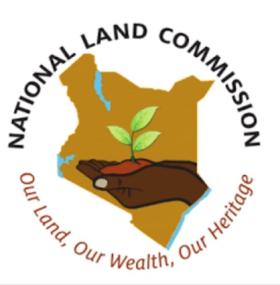From Risk and Conflict to Peace and Prosperity
Reports & Research
Janvier, 2017
Kenya
République démocratique du Congo
Sénégal
Brésil
Colombie
Pérou
Chine
Indonésie
Inde
Amid the realities of major political turbulence, there was growing recognition in 2016 that the land rights of Indigenous Peoples and local communities are key to ensuring peace and prosperity, economic development, sound investment, and climate change mitigation and adaptation. Despite equivocation by governments, a critical mass of influential investors and companies now recognize the market rationale for respecting community land rights.





